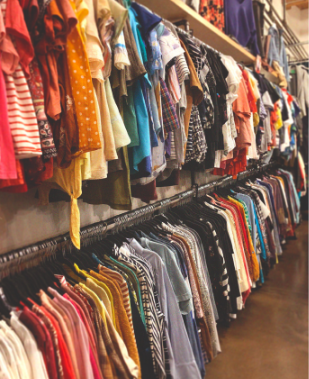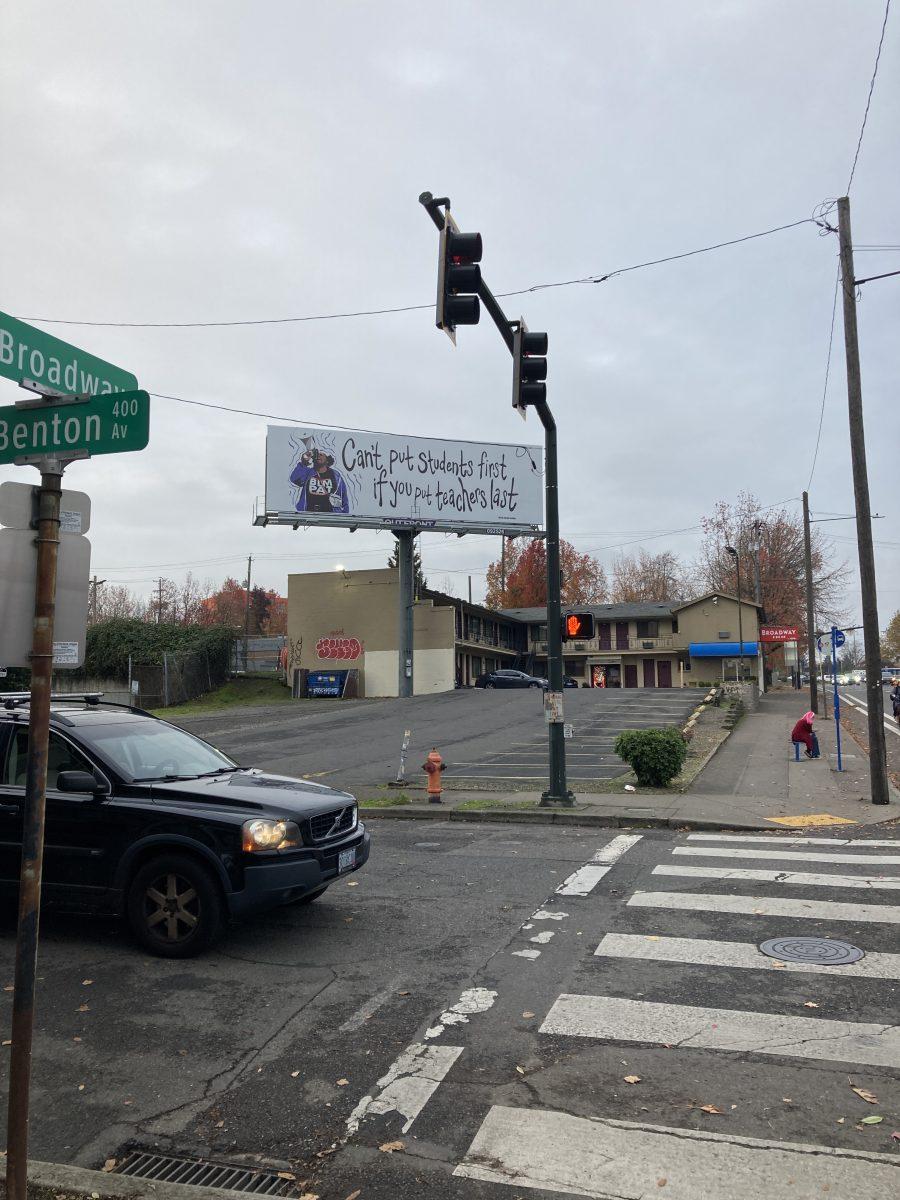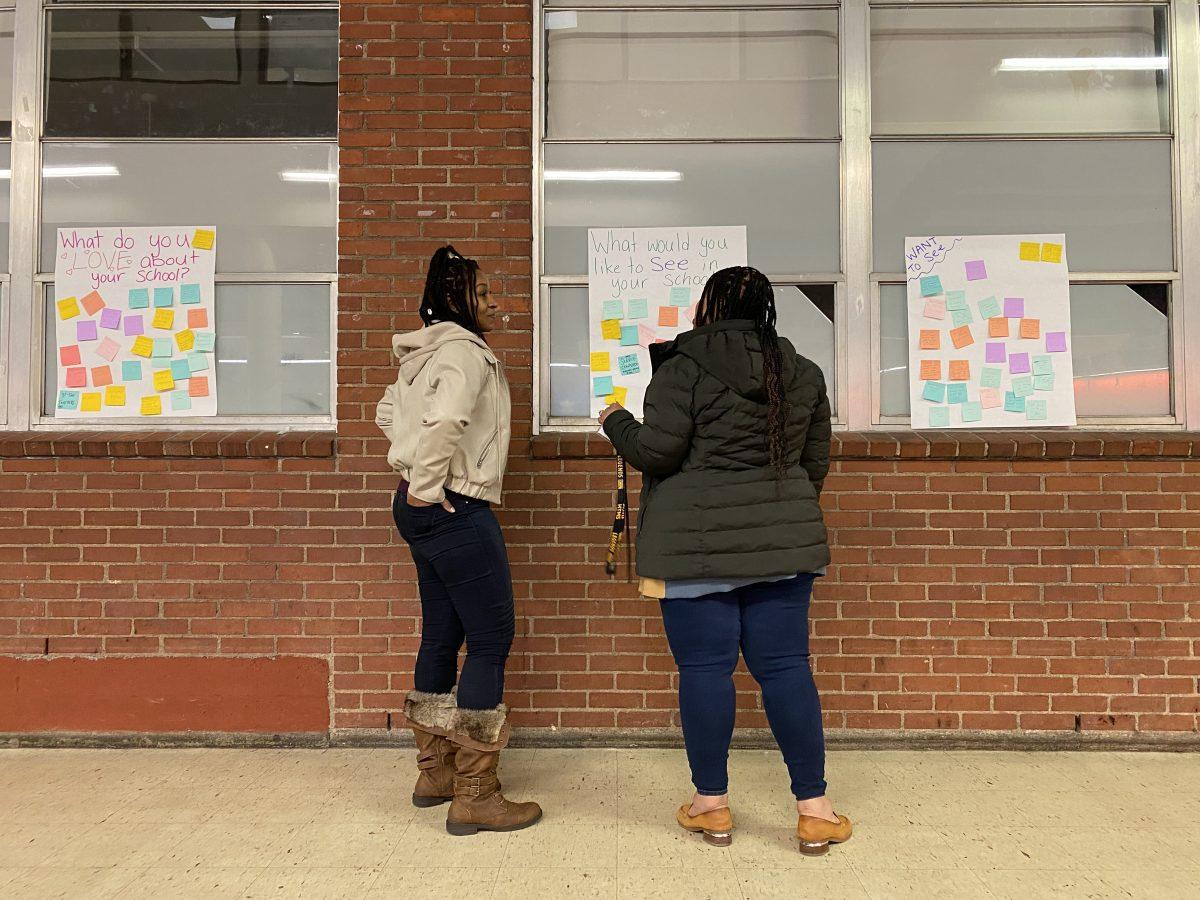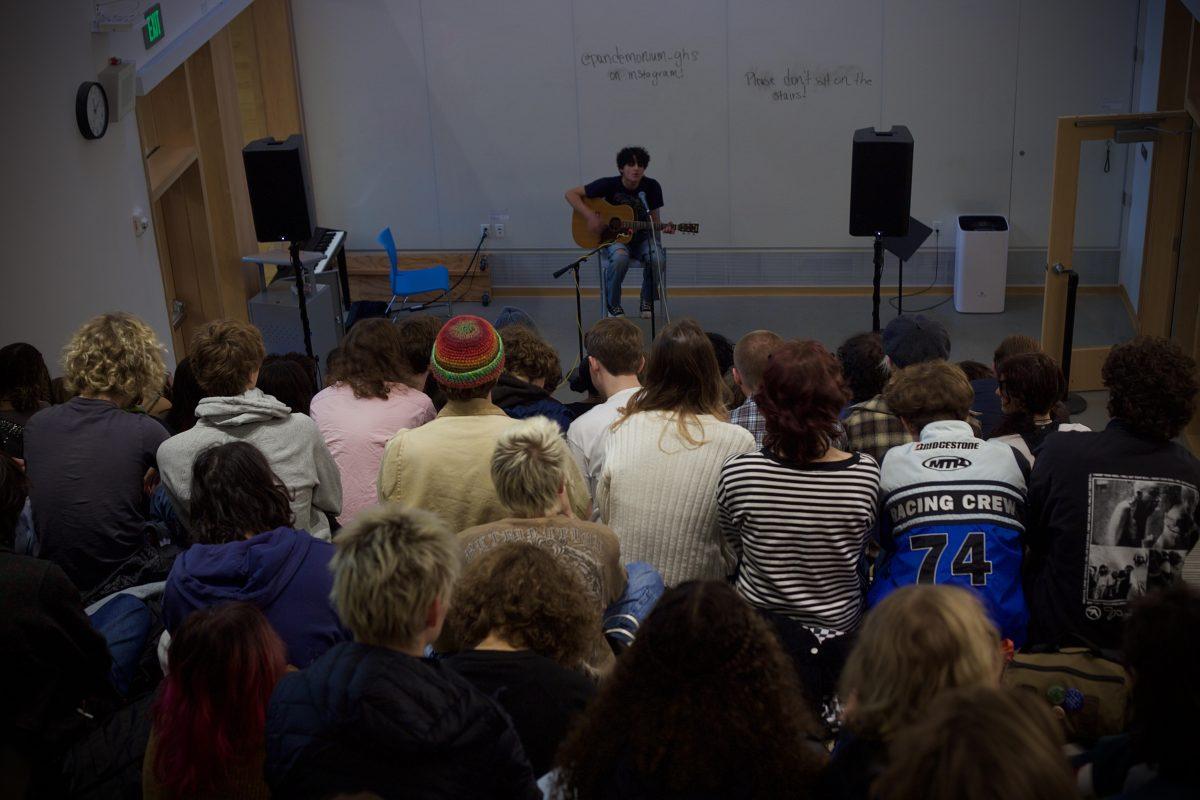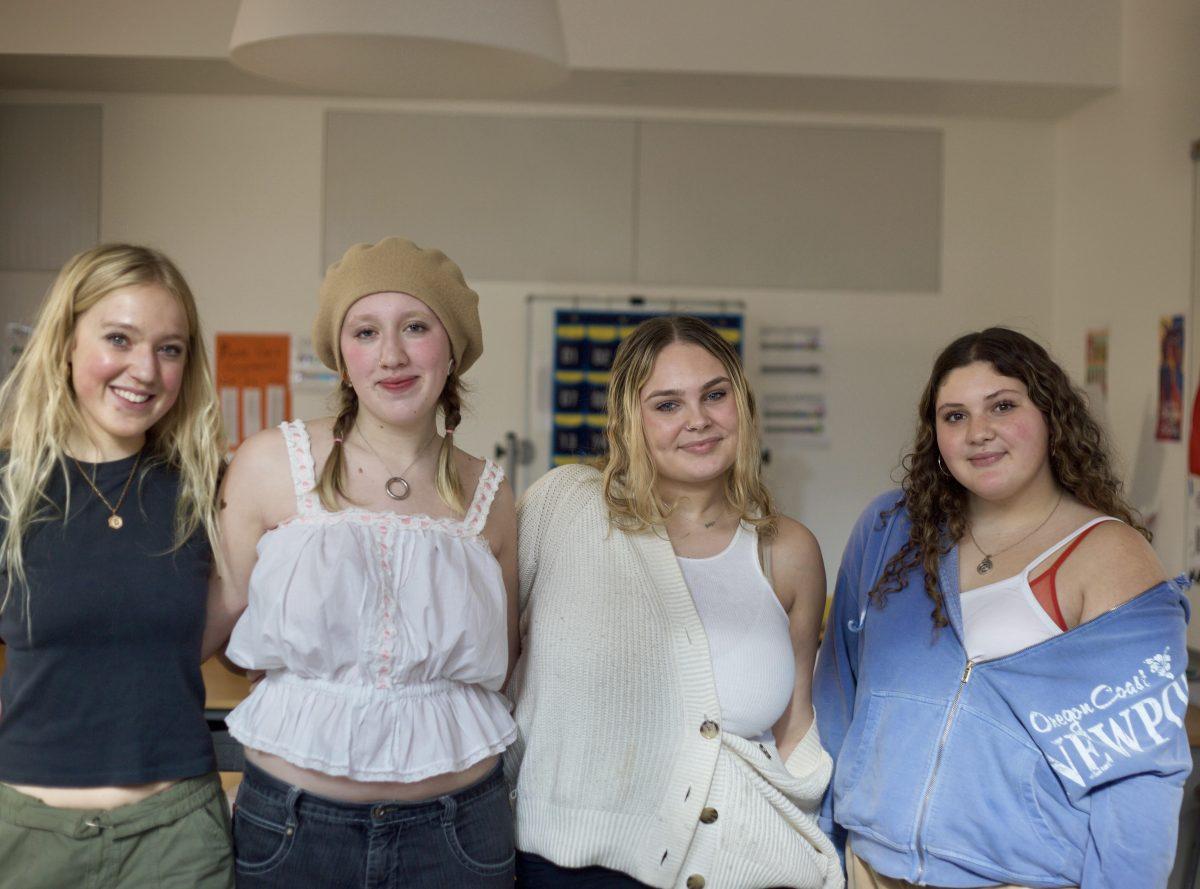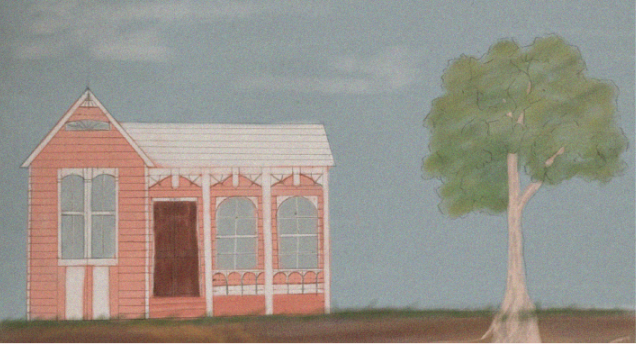
In a secluded alcove off of Martin Luther King Jr. Boulevard lies The Shopp. Inside, tables overflow with accessories and racks are packed with clothing and shoes neatly sorted by color and size. With all the trappings of a Portland, Oregon, boutique thrift store, this women-run nonprofit has worked to provide resources for survivors of sex trafficking, domestic violence and other abusive circumstances for the past two years.
After learning about the extent of sex trafficking and domestic violence in Portland, Tarah Reed, The Shopp’s founder, was determined to find a way to help survivors.
“(Sex trafficking) has always been there, it’s just becoming more acknowledged,” says Reed. “I think everyone is vulnerable to a certain degree.”
Reed soon realized survivors had an immense need for clothing and basic hygiene products. When sex traffickers are arrested, the people they trafficked are often left with nothing but the donated clothing on their back.

In 2018, Reed began gathering clothing, soaps, tampons, shampoos and other basic essentials to give to survivors. However, she says, “All the clothes that we started gathering just became way to much — to the point where I started looking like a hoarder.” Realizing it could be triggering for survivors to sift through massive piles of clothing and hygiene products, Reed needed to find a more effective way to distribute these supplies. From there, the idea for The Shopp was born.
The Shopp works to collect, sift through and organize massive amounts of donated clothing for survivors to choose from — a service understaffed nonprofits and overtaxed government employees are unable to provide.
In 2021, The Shopp was able to design a website and open their current brick-and-mortar location entirely from community donations and volunteer support. The nonprofit gains an additional source of financial support by selling a portion of the donated clothes they have received.
The extra financial cushion from The Shopp’s clothing sales has allowed it to become self-sustaining and achieve 501(c)(3) nonprofit status in 2021. The Shopp’s official nonprofit name is NW Collaborative, derived from its aim to work and collaborate with local organizations to execute its mission.
An example of this inter-organizational collaboration is The Shopp’s relationship with Safety Compass, a Salem-based nonprofit whose trained professionals work directly with survivors of sex trafficking.
“I’ve chosen to work with advocates because they know the story more than me,” says Reed.
Advocates from Safety Compass will often contact The Shopp and request a suitcase of outfits, toiletries and other essentials for the person they are working with. While the advocates provide descriptions of survivors’ clothing sizes and style preferences, assembling suitcases is a constant challenge. “You don’t know their situation. You don’t know where they’re coming or going. You just know they are in need,” says Reed.
The Shopp has also worked with Raphael House and Bradley Angle, two domestic violence shelters in Portland. When survivors of visit The Shopp with advocates from these organizations, they receive a free bra, underwear, jacket and pajamas, as well as a $50 gift certificate to spend at The Shopp.
One of The Shopp’s main goals is to curate a boutique-esque feel from the clothing they’ve collected while maintaining affordable prices. This allows survivors to spend their gift certificates on high-quality shirts, sweaters, pants, shoes and more. “I wanted each person who came into The Shopp, whether they’re a paying customer, or they’re a survivor or they’re just going through a hard transition, to feel that they’re as important as anyone else coming in,” says Reed. It’s important, she says, “that they didn’t feel like they are less than because of their situation or their circumstances.”
Ultimately, helping other Portland-area organizations provide more holistic services for survivors is at the heart of everything The Shopp does. By providing them with the basic essentials they need — that other organizations are often unable to provide — the nonprofit hopes survivors can feel more secure in their situation, even if they are unsure of what the future holds.
Reed does not work directly with the survivors she sends suitcases to, so it can be difficult to gauge the immediate impacts The Shopp’s partnership with Safety Compass has on survivors. “It’s hard to get feedback on what the impact of a suitcase has given someone,” says Reed. “Most (of) the time the people who are receiving those suitcases are in transitioning into their next phase, whether it’s a treatment center, or a home or a safe house. ”
However, Safety Compass has hosted numerous parties at The Shopp for survivors previously helped by one or both of the nonprofits. During the parties, survivors not only go on a shopping spree, but are able to talk with others who have similar experiences as them in a safe environment.
“We’ve (also) been able to branch out and help with the job readiness programs on top of everyday survival,” says Reed. The Shopp recently passed on a large donation of mens’ suits they had received to Elevate Him, a nonprofit that provides resources for men to achieve emotional and financial stability. Additionally, Self Enhancement, Inc., an organization that guides and uplifts underserved Portland youth, purchased work clothes from The Shopp for a career fair. The clothes were then distributed to attendees so they would have business attire to wear for future job interviews.
As it nears its third year of operation, Reed would like to prove that The Shopp is a working, self-sustaining model so that new locations can be opened. “I would love to be able to open up shops in Vancouver, in Salem (and) along the I-5 corridor so that every city has a location to work with the local advocates,” says Reed.






























